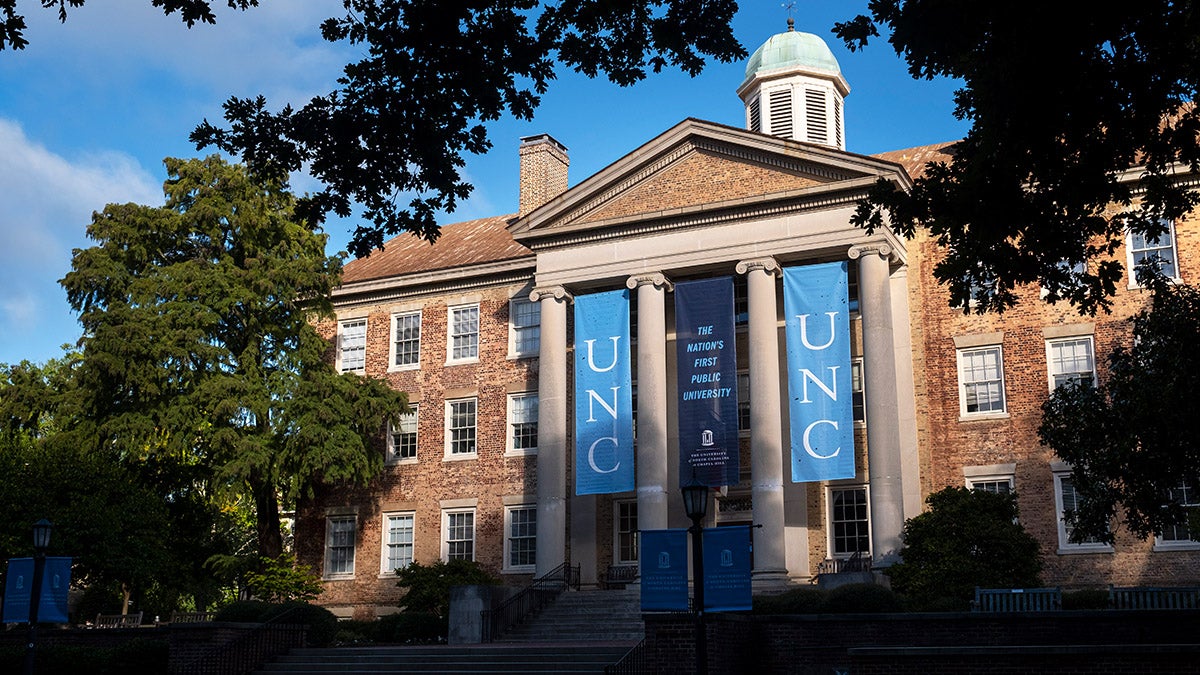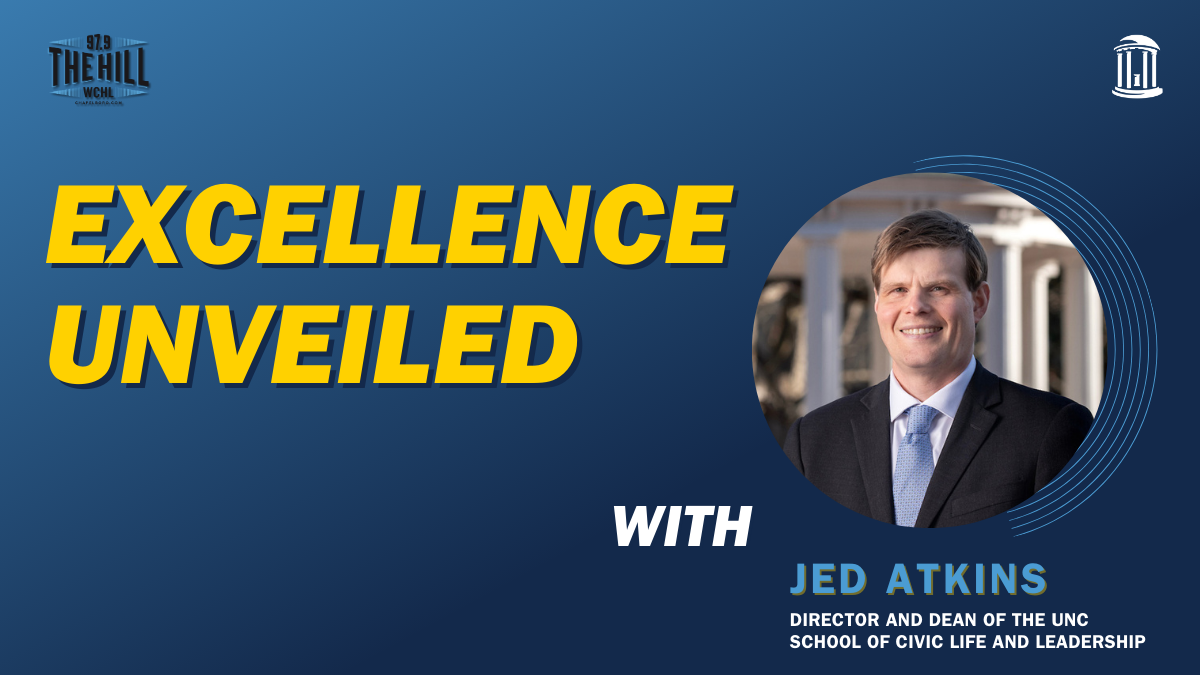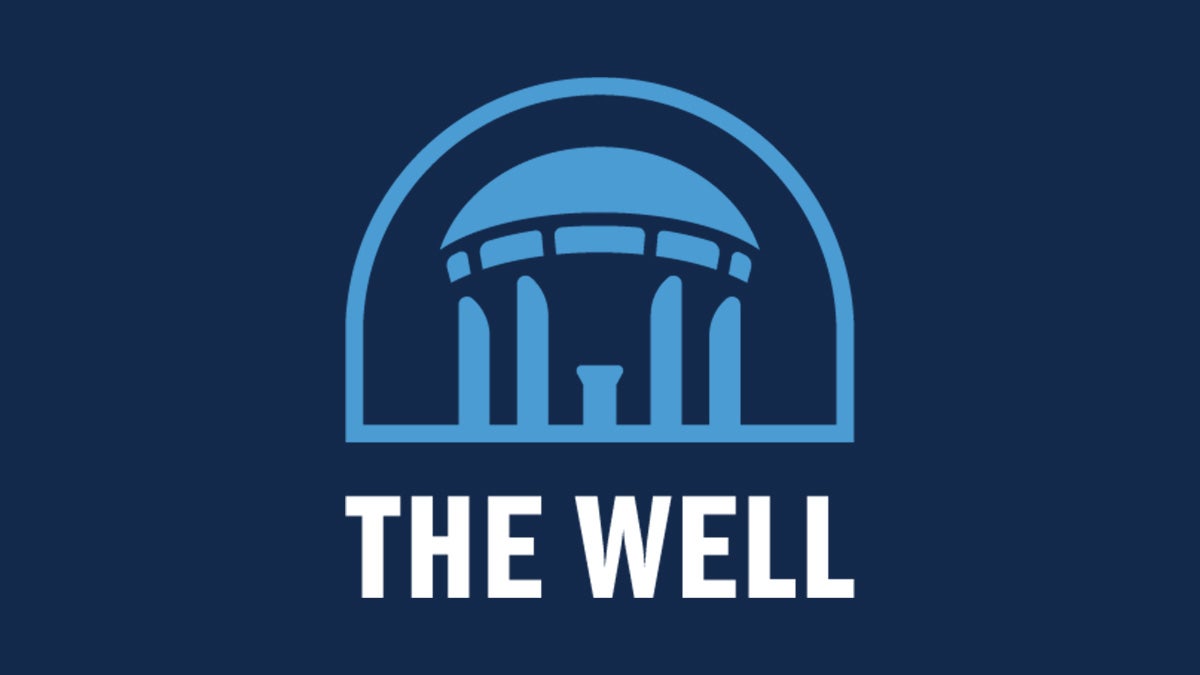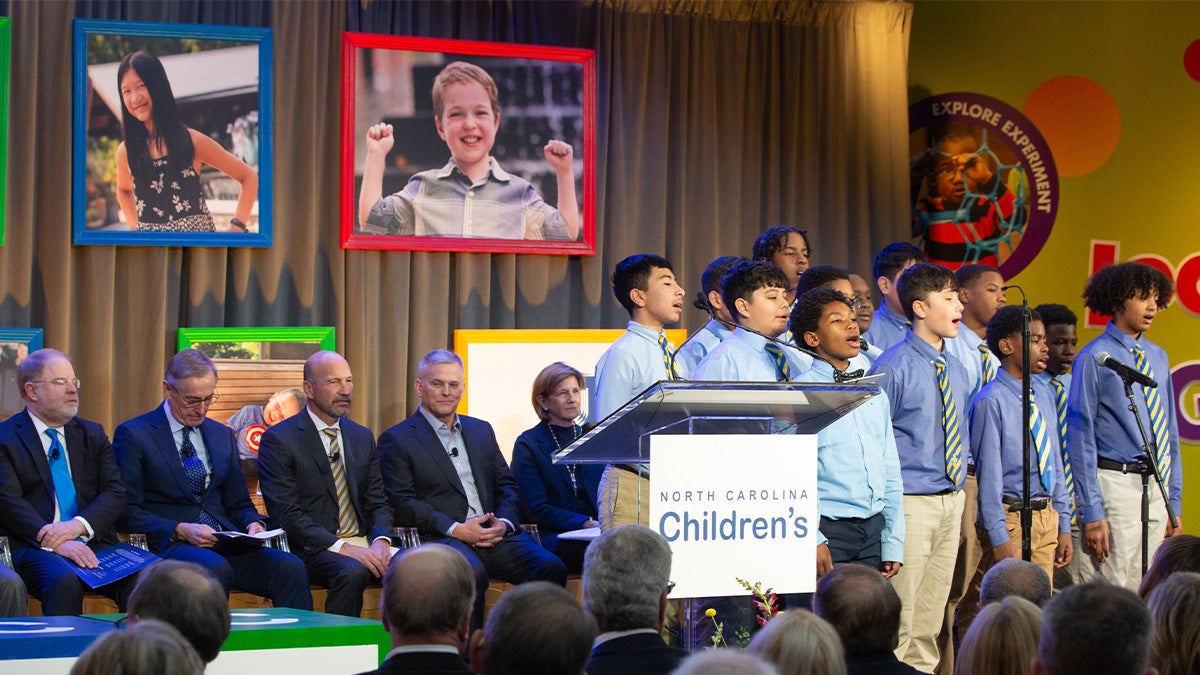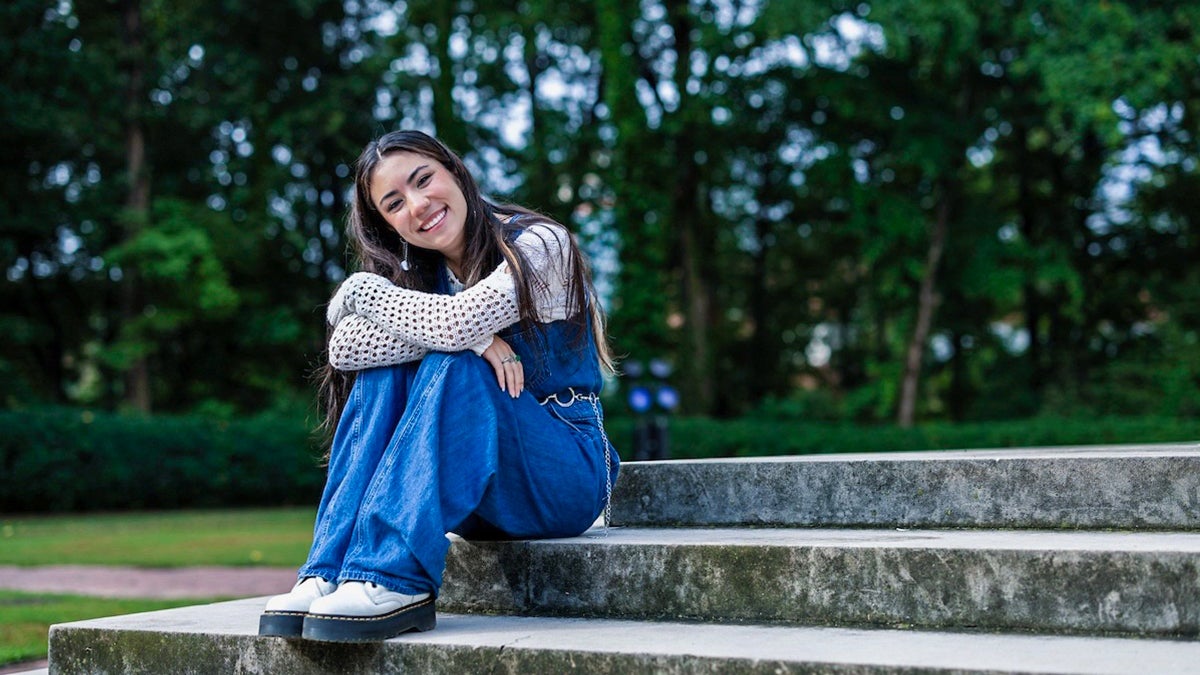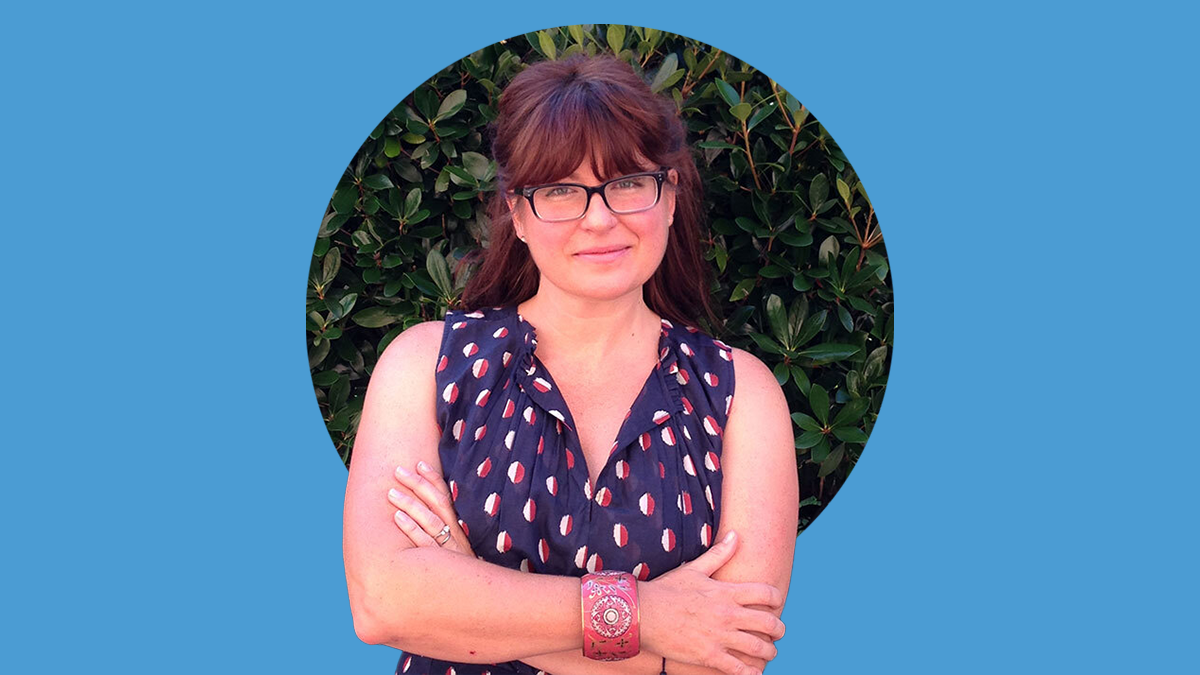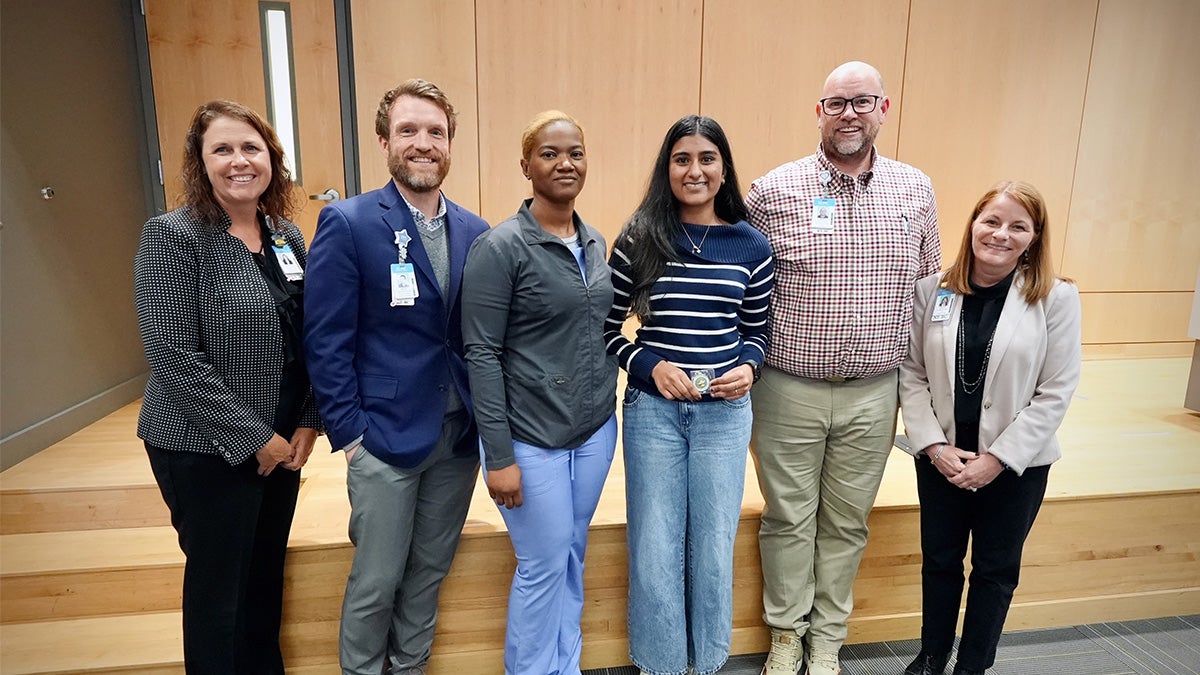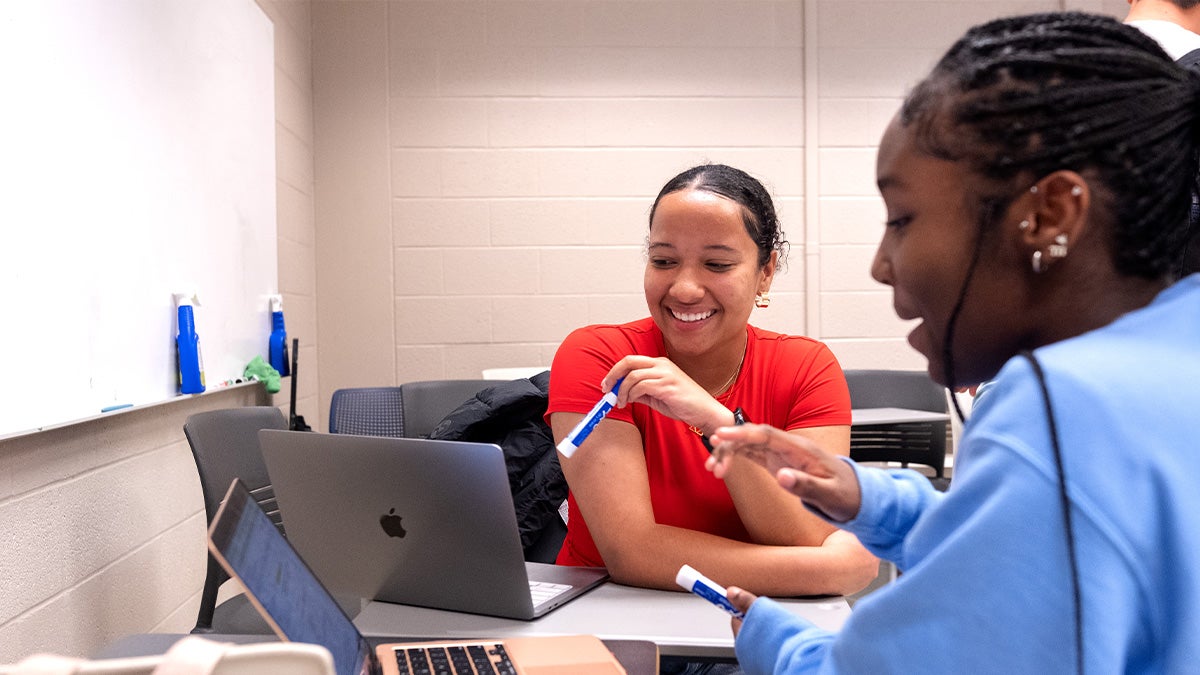Courageous Conversations students discuss Israel-Palestine conflict
In the SCLL 190 class, they developed skills in talking across differences before a spring break trip to Israel.

Editor’s note: This story has been updated to include the meeting with Palestinian thought leaders during the Israel trip and to note each member of the course read both texts mentioned in the story.
Although the required spring break trip to Israel drew the most attention to the SCLL 190 course Courageous Conversations: Israel and Palestine on Campus, an earlier assignment also exemplified its mission, said School of Civic Life and Leadership professor John Rose.
At the beginning of the course, half of the 26-member class read “Israel: A Simple Guide to the Most Misunderstood Country on Earth” and the other half read “The Hundred Year’s War on Palestine: A History of Settler Colonialism 1917-2017.” Based on each text, students generated timelines with key dates in the conflict. Before their spring break trip, each member of the course read both texts to gain an understanding of both perspectives.
“One is a history of the region from a pro-Zionist perspective. The other is by a very pro-Palestinian scholar who tells the history very differently,” Rose explained. “The students come together and try to square their timelines, only to discover that they are very different. That’s the spirit of the course.”
SCLL, housed in the UNC College of Arts and Sciences, created the class in the wake of polarizing protests on campus following the Oct. 7, 2023, Hamas-led invasion of southern Israel, which initiated the ongoing Gaza war.
“The Israel-Palestine conflict is perhaps the most difficult topic to discuss on some college campuses today,” Rose said. “So it made sense, given our school’s purpose, that we take the step to offer a class in which students were given the tools and the freedom and the environment in which to learn about and discuss this conflict and all its complexities.”
Learning nuance
Rose is an expert on civil discourse but not Mideast politics. He formed a teaching team that helped him put together a reading list reflecting multiple perspectives, invite guest speakers, and craft an approach to the class. These visiting scholars included:
- Simon Greer, American labor and community organizer, social change leader and founder of Bridging the Gap
- Tom Scott, best known as the CEO of Nantucket Nectars, now co-founder of The Nantucket Project, an annual TED Talks-style gathering
- Saad Soliman, a consultant specializing in social justice and criminal justice reform
“The idea of the class is to expose students to a variety of narratives and experiences of this conflict. We do that by reading books. We do that by talking to people. We do that by bringing in speakers,” Rose said. “It is not our goal to convince the students the truth of one particular narrative, but rather to expose them to a variety and allow them to sit in the tension and draw their own conclusions. They’re a brave bunch. They’ve answered the call.”
Guest lecturer Greer observed, “This course made perfect sense for me as I believe deep in my soul that the heroes are the bridge builders. This may not be terribly popular in today’s culture, but every student in SCLL 190 is proving that it can be our reality.”
In the class, students talked about why they wanted to learn more about the conflict and how to talk about it.
“I feel very strongly about injustice,” said Cayden Hammonds ’27, a Morehead-Cain scholar majoring in neuroscience. Neither the pro-Palestinian nor pro-Israel texts lined up completely with his American liberal views. “I’m having this internal battle. It’s very confusing.”
After the trip
This week, the students returned from their trip, where they met with dozens of Israeli, Palestinian and Arab thought leaders, spent time in the West Bank, and visited the site of Nova Festival at the heart of the Oct. 7 attack.
The students’ understanding of the conflict is still limited even after going, but the trip was important for the class, Rose said. “To understand this age-old conflict, the pain and the actual lives at stake, you have feel the land and hear the voices face to face.”
As Hammonds reflected after the trip, “Coming into this class, I was very much looking for a solution. What this community has done for me, and what going there has done, is empower me to have my own views and stand on that. I’m glad I went, and I told everyone today that they should go.”
